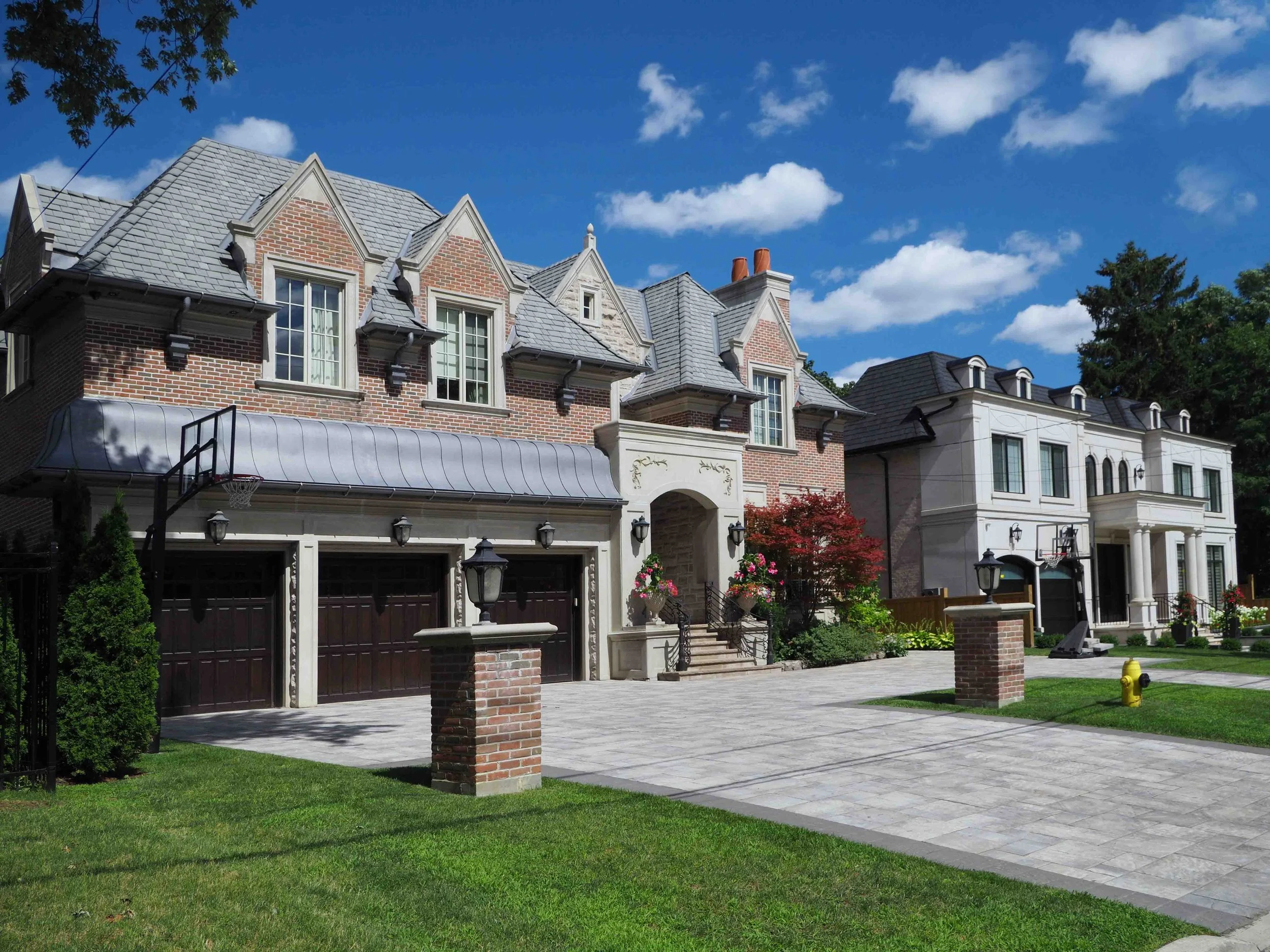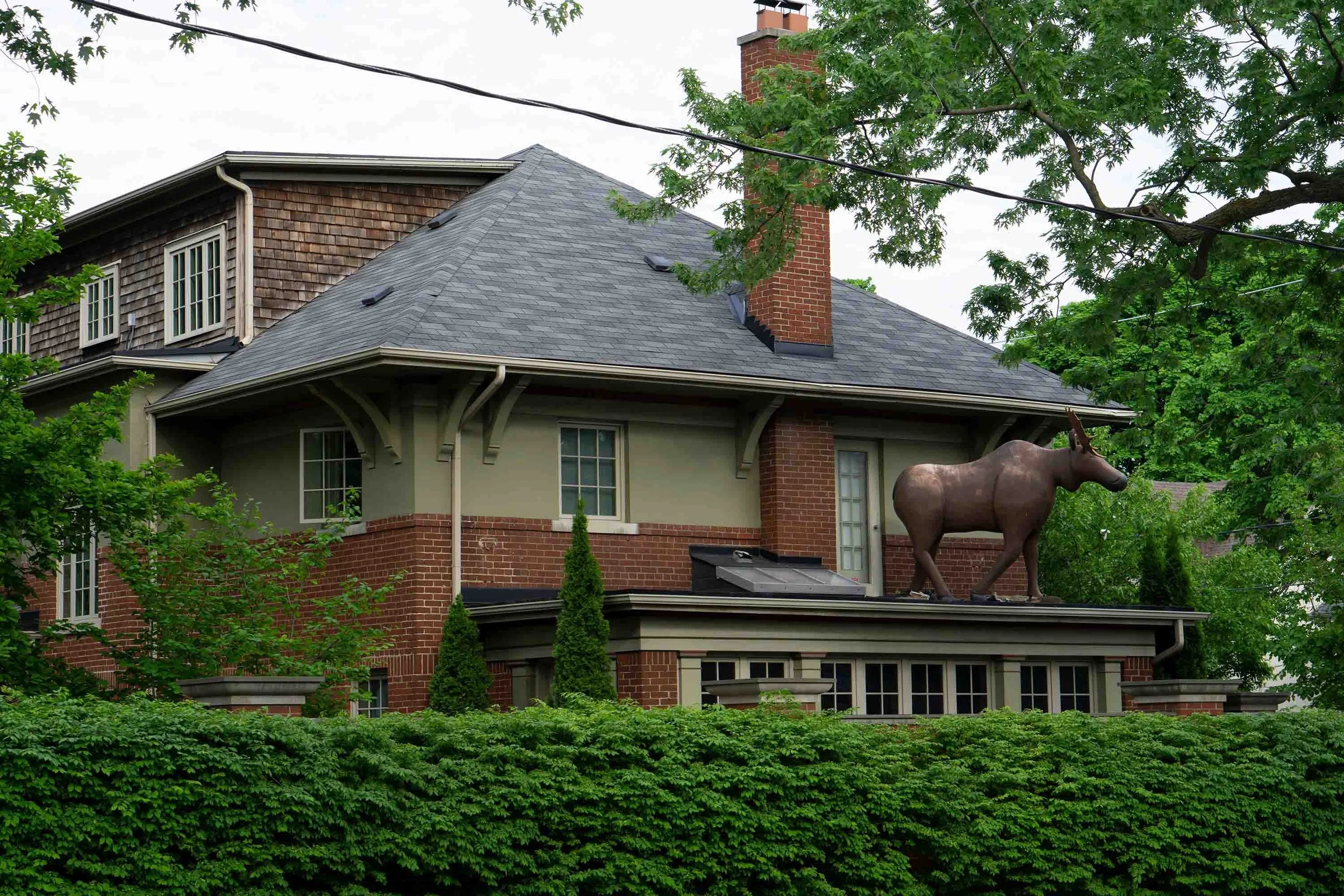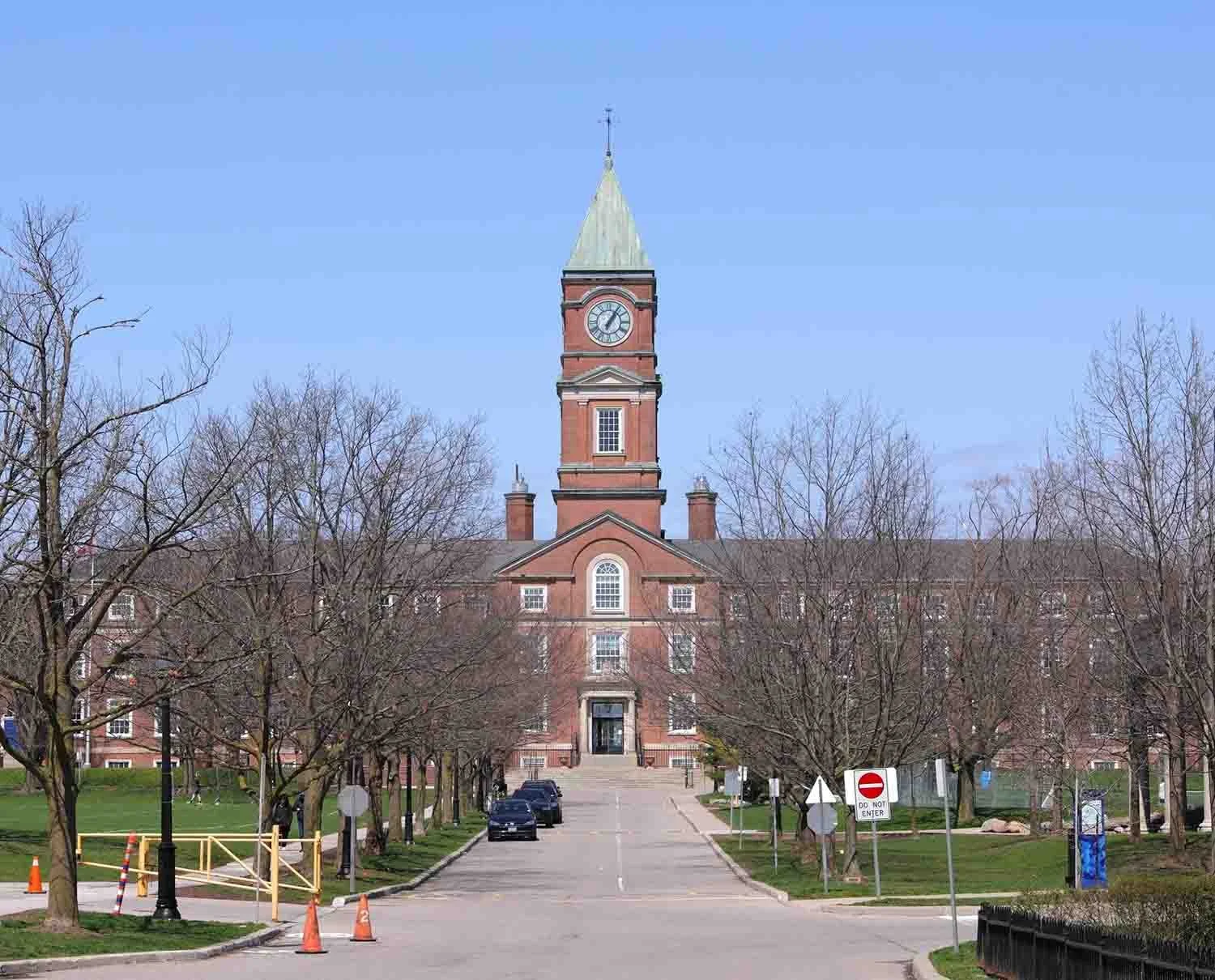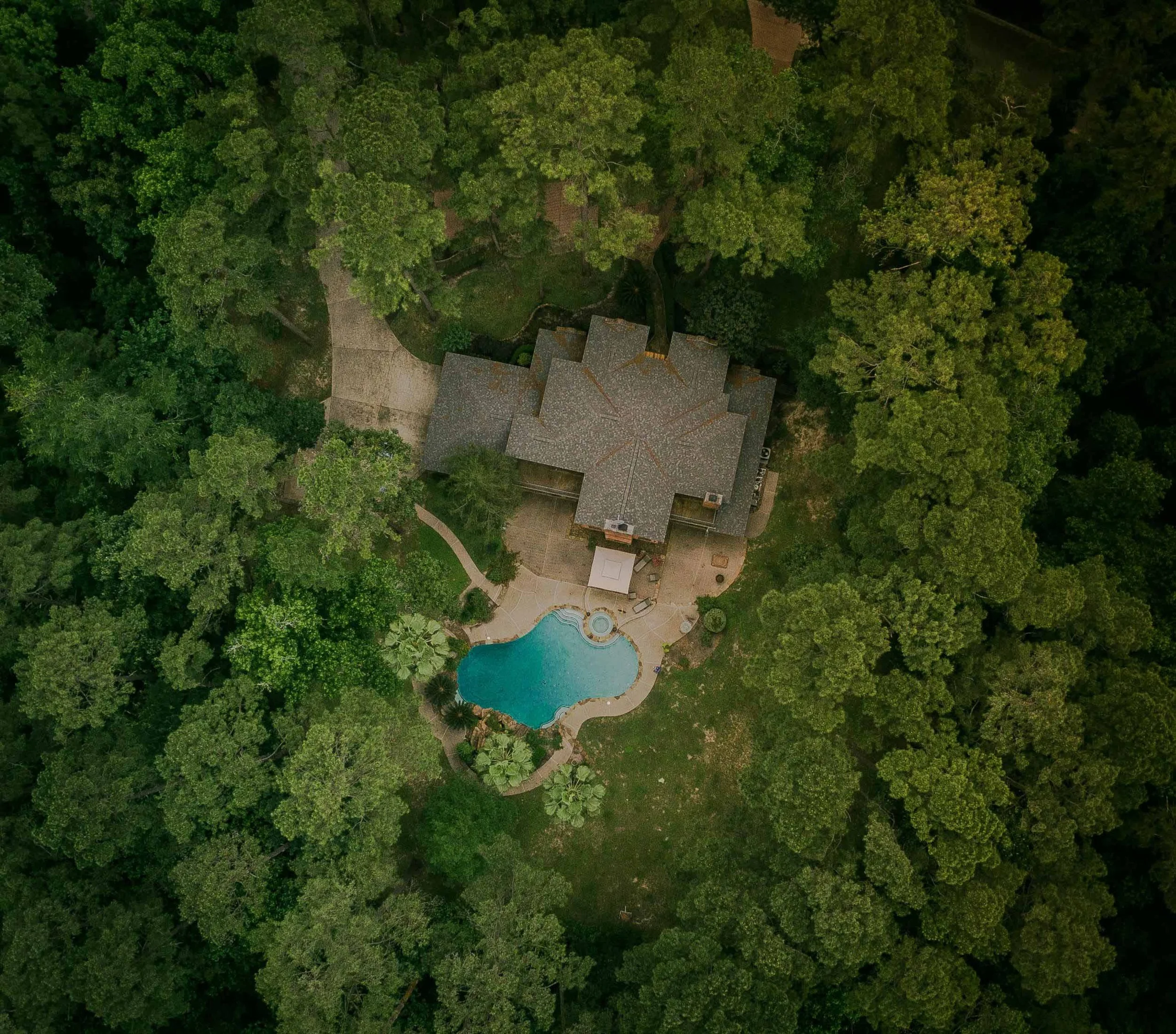The Ultimate Guide to Building and Living in Forest Hill
Forest Hill Village was incorporated into Toronto in 1923, yet it has retained its intimate, small-town character. Bordered by St. Clair Avenue to the south, Briar Hill Avenue to the north, Cedarvale Ravine to the west, and Avenue Road to the east, Forest Hill feels like a quiet enclave within the city. Its winding streets, lined with boutiques, galleries, cafés, and restaurants, create a local village atmosphere that makes it one of Toronto’s most desirable neighbourhoods to explore or call home.
Tree-lined streets frame grand homes, where families value privacy, community, and architectural beauty. Known for its combination of heritage estates and striking new builds, Forest Hill offers a tranquil lifestyle that is both refined and connected.
For homeowners considering a renovation or custom build, Forest Hill represents an opportunity to live in a neighbourhood that balances prestige, green space, and access to world-class amenities. This guide explores what makes Forest Hill special, what life is like here, and what to know when undertaking a major home project in the area.
Life in Forest Hill
Prestigious and Affluent
Long established as one of Toronto’s wealthiest communities, Forest Hill is synonymous with luxury. Its history as a village (incorporated into Toronto in 1923) gives it a distinctive character that sets it apart from newer neighbourhoods. Families are drawn here for the reputation, the lifestyle, and the sense of belonging to one of the city’s most sought-after addresses.
Architectural Charm
From stately Tudor- and Georgian-style mansions to thoughtfully designed modern estates, Forest Hill’s architecture is as diverse as it is breathtaking. Renovations often require striking a balance — preserving historic features while introducing contemporary comforts such as open floor plans, energy-efficient systems, and luxury finishes.
Scenic Beauty
Gently sloping hills, mature trees, and lush parkettes give Forest Hill its serene character. The Kay Gardner Beltline Trail offers a green corridor for walking and cycling, while local spots like Forest Hill Road Park and Suydam Park provide natural escapes within easy reach of home.
Schools of excellence
Education is at the heart of Forest Hill’s appeal. Two of Canada’s leading private institutions — Upper Canada College (for boys) and Bishop Strachan School (for girls) — anchor the neighbourhood, while outstanding public schools make the area a draw for families prioritizing academics.
Upscale shopping & dining
At the centre of the neighbourhood is Forest Hill Village, a boutique hub that feels more like a small town than a Toronto district. Here you’ll find independent shops like TYPE Books, galleries, cafés, and fine dining destinations such as Ferraro 502 and Forest Hill Farmhouse. Along Eglinton Avenue, upscale markets, restaurants, and specialty shops extend the lifestyle experience.
Community amenities & access
Forest Hill combines seclusion with accessibility. Wellness is part of the lifestyle, with local spas and fitness studios offering balance in daily life. The neighbourhood is well connected by public transit, including subway access, while drivers have quick routes to downtown Toronto and Highway 401.
Who lives in Forest Hill?
Forest Hill attracts families, professionals, and individuals seeking privacy, security, and a refined lifestyle. The area is particularly well-suited for families raising children, thanks to its top-tier schools, quiet streets, and low crime rate. Homeowners here tend to invest heavily in design, renovations, and custom construction, ensuring their homes reflect both their lifestyle and the prestige of the neighbourhood.
Few Toronto neighbourhoods offer the same combination of exclusivity, natural beauty, and convenience. Families are drawn to Forest Hill for:
Exceptional education at private and public schools
A safe and family-friendly environment
Easy access to downtown and major routes
A community with both prestige and heart
The lifestyle here is tranquil, yet connected — offering the best of both city and suburban living.
What to expect when building and renovating in Forest Hill
Renovating or building in Forest Hill requires expertise in both design and project management. Key considerations include:
Heritage preservation: Many homes feature architectural details that must be respected or carefully integrated into modern upgrades.
Modern expectations: Families expect open layouts, energy efficiency, and high-end finishes that require substantial updates.
Extensions & additions: Larger lots provide opportunities for rear additions or third-storey expansions, often requiring Committee of Adjustment approval in collaboration with your architect.
Basement renovations: Underpinning and finishing basements are popular for creating functional, high-end lower levels.
At Lighthaus Built, we specialize in managing the complexities of luxury renovations and new builds. Our process is designed to give homeowners clarity and confidence, from pre-construction planning to the final finishes.
1. Approvals Are Often Required
Most major projects in Forest Hill — such as home additions, new builds, or significant interior reconfigurations — require Committee of Adjustment (CofA) approval. Common variances include:
Floor Space Index (FSI) increases for larger homes
Height allowances for third-storey or roofline changes
Setback reductions for additions on deep or irregular lots
Lot coverage adjustments to expand usable space
2. Extensions, Additions and Basement Renovations
Larger lots provide opportunities for rear additions or third-storey expansions. Underpinning and finishing basements are popular for creating functional, high-end lower levels. These additions often require Committee of Adjustment approvals, in collaboration with your architect.
3. Tree Protection Bylaws
Forest Hill is celebrated for its mature tree canopy and landscaped properties. Arborist reports and tree protection plans are frequently required, and site access must often be designed around preserving established greenery.
4. Neighbourhood Engagement
Forest Hill homeowners take great pride in their community, and neighbourhood input is common during the CofA process. Proactive communication with neighbours, along with a well-prepared application, helps reduce objections and ensures a smoother path forward.
5. Construction Logistics
Forest Hill lots are larger than those in many Toronto neighbourhoods, but construction logistics still pose challenges. Protecting mature landscaping, managing access on winding residential streets, and coordinating trades on high-end custom builds all require careful planning and experience.
Build with confidence in Forest Hill
Forest Hill isn’t just a neighbourhood; it’s a lifestyle built on architectural charm, community spirit, and family-focused living. For homeowners, it offers the opportunity to create a home that reflects their vision — whether through a thoughtful renovation, a luxury extension, or a custom build.
At Lighthaus Built, we specialize in managing the complexities of luxury renovations and new builds. Our process is designed to give homeowners clarity and confidence, from pre-construction planning to the final finishes.
If you’re planning a project in Forest Hill, working with a contractor experienced in Toronto’s luxury neighbourhoods is essential. At Lighthaus Built, we combine craftsmanship, project management, and local expertise to deliver homes that stand the test of time.
To learn more about how Lighthaus Built services home renovations in Forest Hill, visit our Service Area Page dedicated to Forest Hill. And don’t forget to take of our finished renovations on our Portfolio page.
Ready to begin your Forest Hill project? Contact Lighthaus Built today to start planning.
Meet the Author
Dave Cook is co-owner of Lighthaus Built and has spent 17 years working in single-family construction in Toronto. Through the years, he has worked as a carpenter, site supervisor, and project manager for more than 60+ major, high-end renovations and custom homes.
As an HCRA-licensed builder, he and his company (Lighthaus Built) are well-versed in constructing high-quality homes and take pride in what they do.
On a personal level, Dave is very active in several sports - most notably, distance running, road cycling, and tennis. He bakes bread (for personal consumption) and no, this was not a Covid thing. He grew up eating homemade bread and has made my own for the past 20 years. He has been married for 20 years and has two teenage children and a dog.
Lighthaus Built’s
FREE Toronto Renovation Cost Guide
Are you considering a home addition or full home renovation and not sure how to budget for it?
Our free guide walks you through over 50 topics and how the cost of materials, labour and design ranges so you can plan for your Design-Build home renovation in Toronto.








